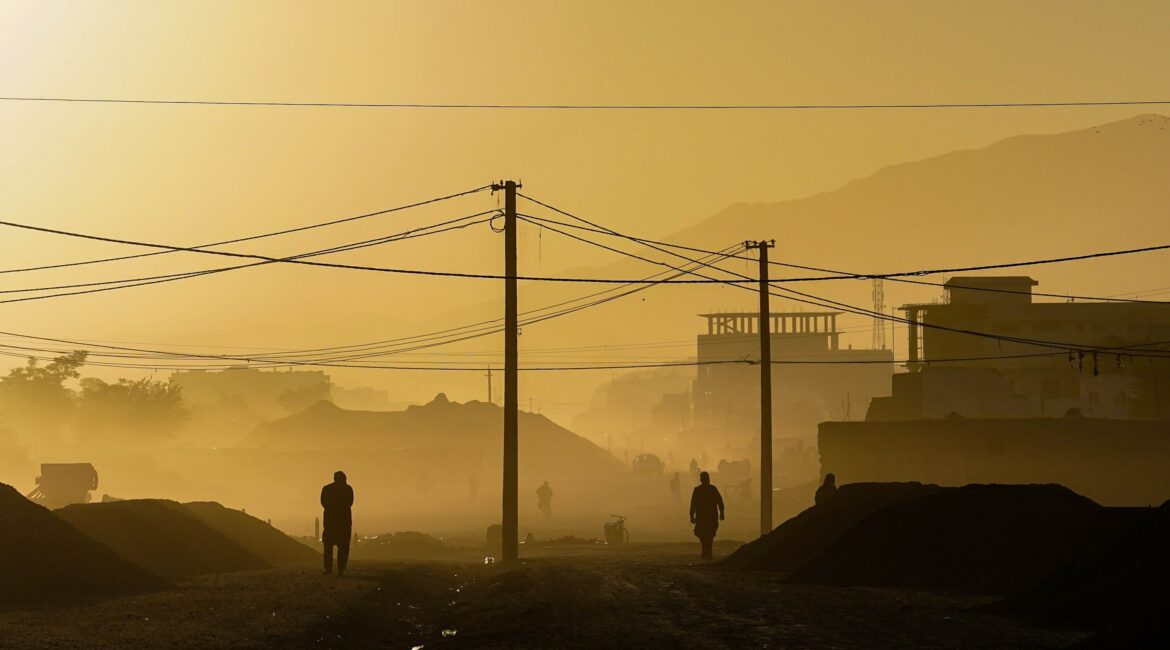Despite 20 years of external support, billions in financing, extended training and aerial aid programs from US, the Afghan state collapsed at mid August. Taliban took the country in barely 10 days and the control of towns in all over Afghanistan. They conquered first province main centre on August 6, and Kabul until the 15. The sole unoccupied province is Panjshir, a mountain region difficult to get, and the resistance inside this zone has recently captured alleged hundred of Taliban.
International organizations warn about the fact that Taliban power take-over could represent a complete annihilation of progress done in the last 20 years by Afghan society. And the persons who have worked for Afghan government, NATO collaborators or any other individual perceived as a dissident are in a special jeopardy. Women and girls, no matter their age, are at risk to be again excluded from society, to be forbidden going to school or work and to become violence victims.
At August ending, thousand of Afghan have been crossing daily the border to Iran, and over 500.000 other are at risk to be displaced because actual crisis.
In Romania, on August 25, the Supreme National Defence Council decided that Romanian Army would participate with 200 militaries in evacuation and transfer of Afghan citizens who have been working for NATO missions in Afghanistan. Until September 5, Romania has already evacuated 76 Afghan citizens, collaborators of Romanian forces and scholarship students in Romania.
At the same moment, Romanian government adopted the National Strategy regarding Immigration, an essential document establishing Romanian priorities in the migration and immigration process in the period 2021-2024.
European states have adopted very different reactions about Afghan crisis: Poland, Lithuania, Greece and Turkey have stated renewal of efforts in building walls at their own boundaries, anticipating a boost in number of persons trying to get inside Europe. Hungary and Croatia have said that they would accept only those Afghan who have been collaborating with their forces. Austrian chancellor, Sebastian Kurz, has declared that his country would not receive Afghan refugees.
European official position seems to go rather towards the borders fortification, and no decision has been yet taken concerning the quotas of Afghan refugees.
Meanwhile, first flights carrying Afghan citizens who fled Taliban have arrived in Balkans. Albania, Kosovo and North Macedonia have agreed to shelter some hundred Afghans, before being transferred to US or other Western countries. And UNHCR has elaborated a new bunch of recommendations concerning decent work conditions for refugees.

